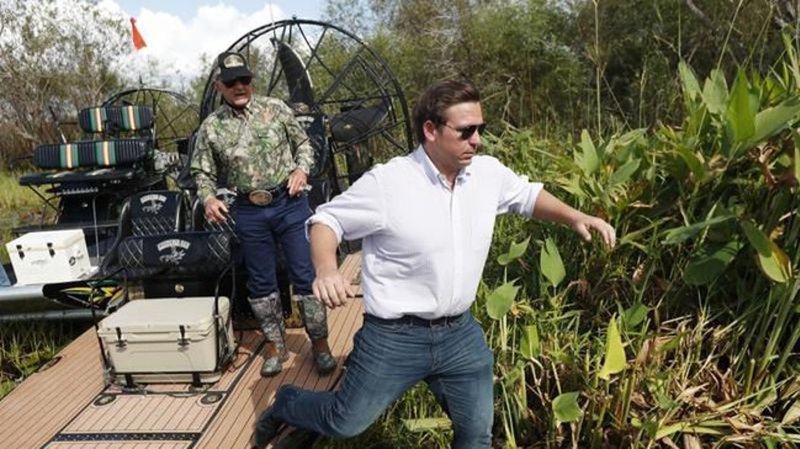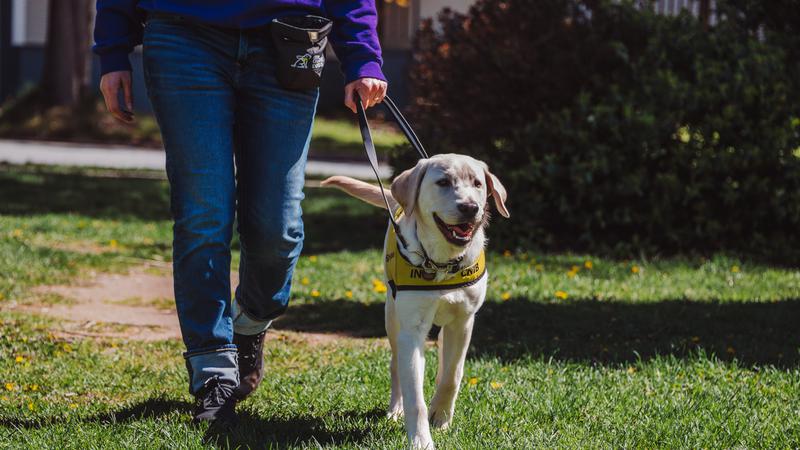
Florida Gov. Ron DeSantis launches 2024 presidential campaign to challenge Trump
MIAMI (AP) — Florida Gov. Ron DeSantis entered the 2024 presidential race on Wednesday, stepping into a crowded Republican primary contest that will test both his national appeal as a cultural conservative firebrand and the GOP’s willingness to move on from former President Donald Trump.
The 44-year-old Republican revealed his decision in a Federal Election Commission filing before an online conversation with Twitter CEO Elon Musk.
It marks a new chapter in his extraordinary rise from little-known congressman to two-term governor to a leading figure in the nation’s bitter fights over race, gender, abortion, and other divisive issues. DeSantis is considered to be Trump’s strongest Republican rival even as the governor faces questions about his readiness for the national stage.
DeSantis’ audio-only announcement was to be streamed on Twitter Spaces beginning at 6 p.m. EDT. He was following up with prime-time appearances on conservative programs, including Fox News and Mark Levin’s radio show.


